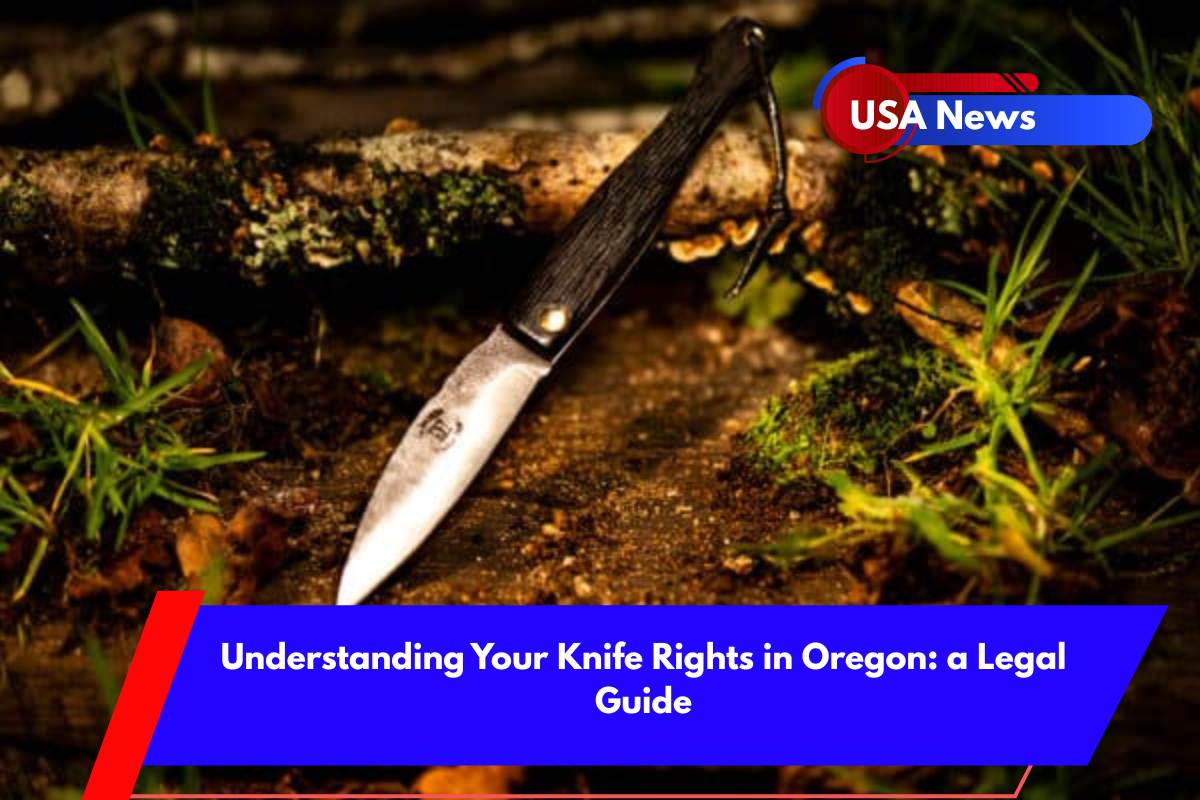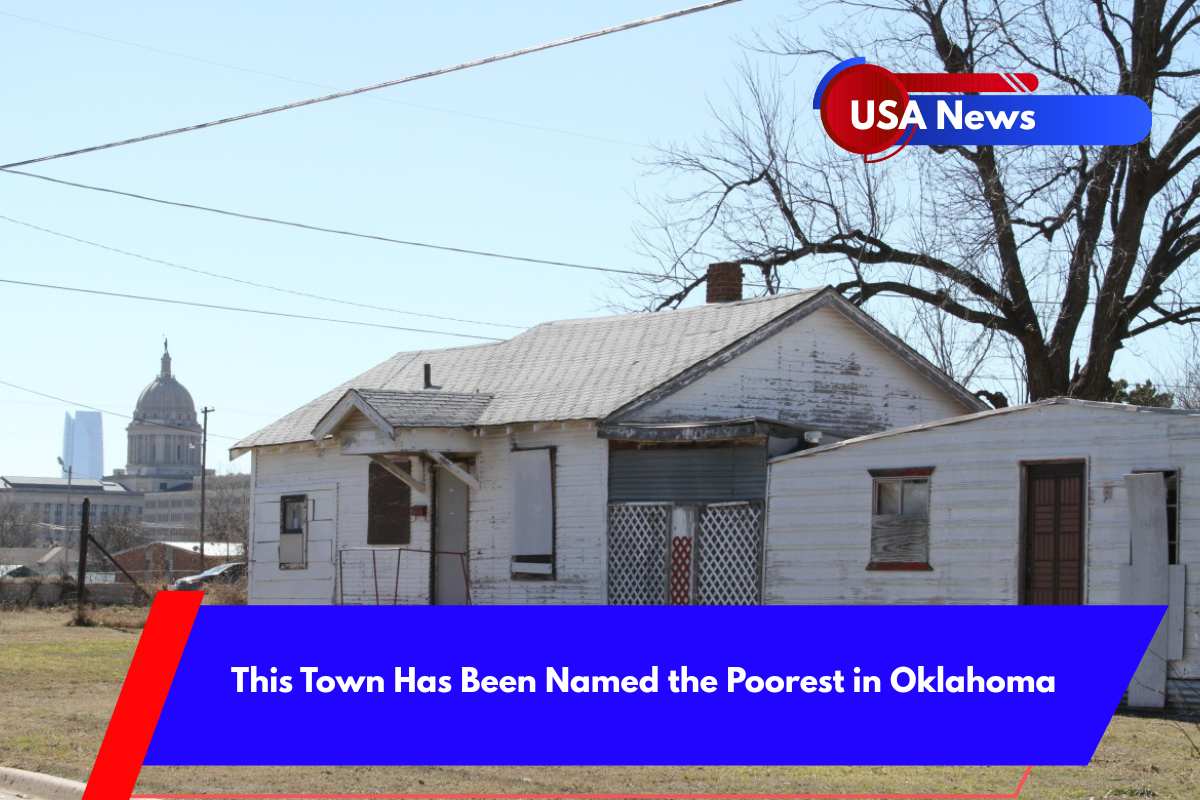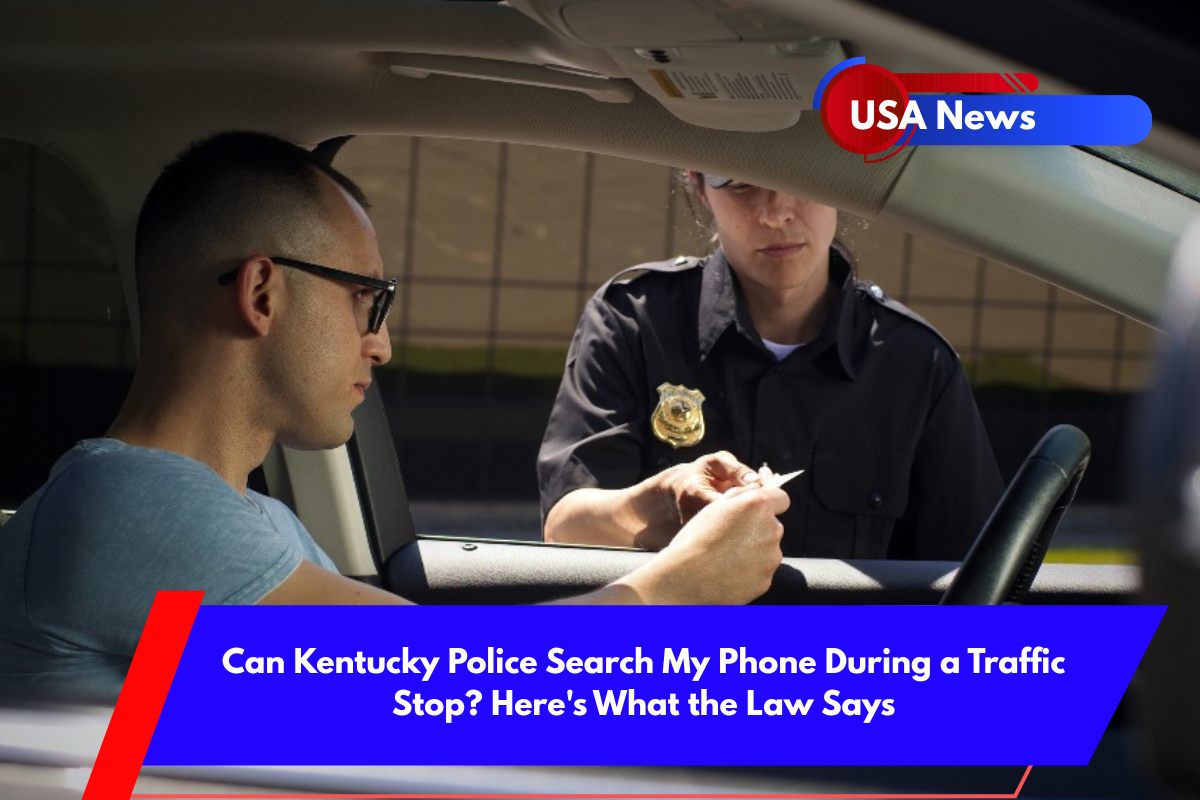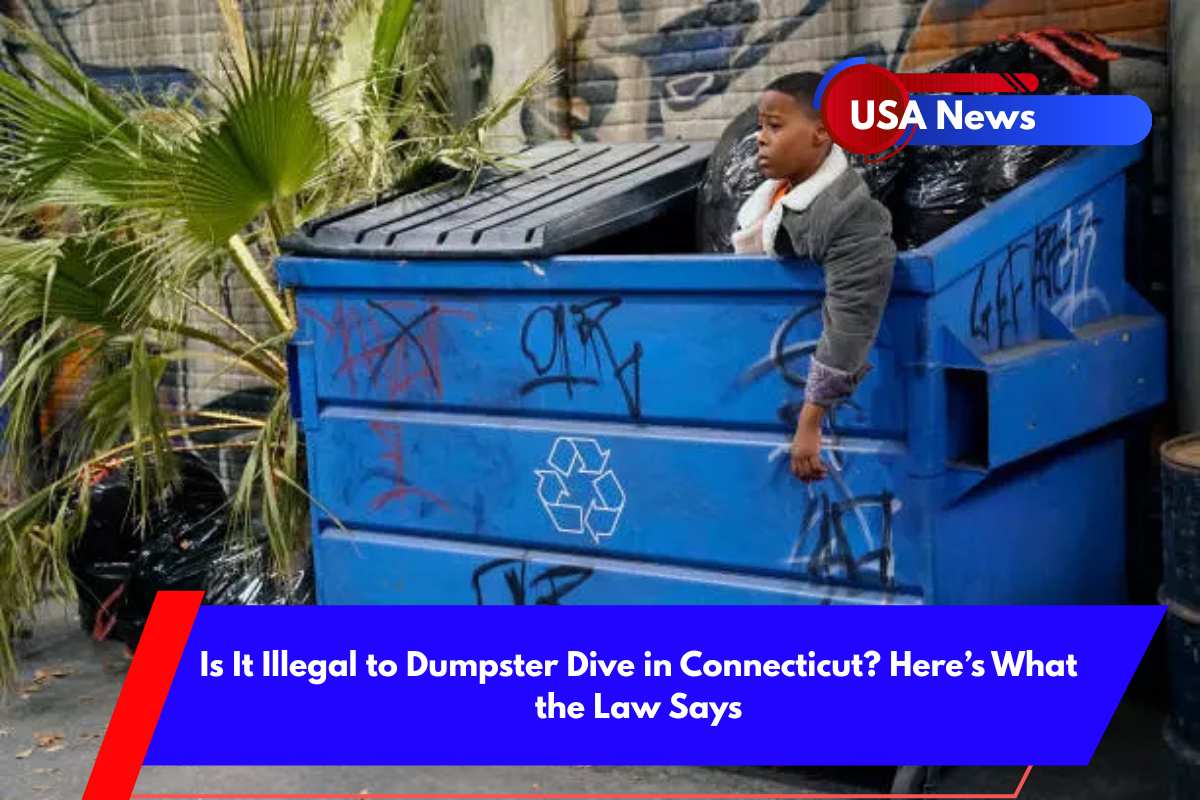Nevada’s Stand Your Ground law allows individuals to use force, including deadly force, in self-defense if they are in a place where they have a lawful right to be.
This law applies not only to private spaces such as homes and vehicles, protected by the Castle Doctrine, but also extends to public places like streets, workplaces, and parking lots. Below is an explanation of the key elements, limitations, and legal process involved in this law.
Key Elements of Nevada’s Stand Your Ground Law
No Duty to Retreat:
If you are lawfully present and not involved in any criminal activity, you do not have to retreat before defending yourself, even with deadly force. This means you have the right to stand your ground and use force if you feel threatened.
Reasonable and Proportional Force:
The force used in self-defense must be reasonable and proportional to the threat you face. Deadly force is only justified if you believe, in good faith, that it is necessary to prevent imminent death or serious bodily harm to yourself or others.
Not the Initial Aggressor:
You will not be protected under the Stand Your Ground law if you provoked the confrontation or were the initial aggressor. If you started the fight or escalated the situation, you cannot claim self-defense.
Defense of Others:
The law allows you to defend others in your presence as well, not just yourself. If someone else is facing an immediate threat of harm, you can use force to protect them.
Castle Doctrine:
Under the Castle Doctrine, you have the right to use deadly force in your home or vehicle to stop an unlawful and forcible entry. This is based on the belief that the intruder intends to cause harm. The threshold for using deadly force is generally lower in these situations than in public spaces.
Limitations and Exceptions
Illegal Activity:
If you are engaged in illegal activity at the time of the incident, you cannot use Stand Your Ground as a defense. The law does not protect individuals who initiate or are involved in criminal conduct.
Unreasonable Fear:
Unreasonable fear or a mere belief that harm might occur is not enough to justify the use of deadly force. You must have an objectively reasonable belief that you are facing an imminent threat of harm.
Proportionality:
Deadly force cannot be used in response to a non-lethal threat. For example, using a firearm against an unarmed individual who is walking away or is no longer posing a threat would not be justified.
Legal Process
Case-by-Case Basis:
Each self-defense claim is evaluated based on the specific facts of the case. Evidence such as witness statements, 911 calls, and other documentation will play a crucial role in determining whether the use of force was justified.
Imperfect Self-Defense:
If you honestly believed you were in danger, but your belief was objectively unreasonable, you may not be fully protected under the law. In such cases, the court may recognize that you acted in self-defense, but you might still face charges for using excessive force.
Sources:
1. https://www.shouselaw.com/nv/blog/criminal-defense/is-nevada-a-stand-your-ground-state/
2. https://www.goodmanlawgroup.com/blog/2025/may/nevada-s-stand-your-ground-and-self-defense-laws/
3. https://en.wikipedia.org/wiki/Stand-your-ground_law
4. https://www.lvcriminaldefense.com/nevadas-self-defense-and-stand-your-ground-laws/













